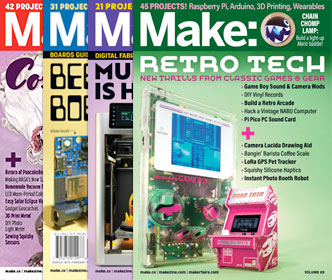
Maker Faire Rome 2023
Life MUssel Sustainable production (re)cyCLES - Life MUSCLES
The LIFE MUSCLES project aims at reducing the impact linked to the use of Polypropylene (PP) socks for mussel farming, promoting and creating an more sustainable mussel production value chain that minimise the dispersion of PP socks in the marine environment, through: • the transition to a circular economic model within the mussel production sector in the targeted areas through the recovery and recycling of polypropylene (PP) socks used for mussels farming by providing the italian mussel farmers with a mobile Recycling Plant (300 kg/day) able to operate directly at mussel farms facilities; • the increase in sustainability of the mussel farming sector in the targeted areas by promoting both the replacement of PP socks with ones made of biodegradable and compostable biopolymer (BP) and validating the feasibility of mechanical and organic recycling of biopolymeric (BP) socks. • the awareness raising of key different target groups and stakeholders such as farmers, distributors and consumers, on the sustainability of mussel production sector; • Definition and transfer of good practices to reduce the dispersion/abandonment of PP socks at sea.
https://lifemuscles.eu/
Additional Project Photos



Maker

Università di Siena
The project is coordinated by Legambiente, the most widespread environmental organisation in Italy, with its headquarters in Rome, 20 regional offices, more than 1,000 local groups across the country and more than 110,000 members. It is recognised as an 'association of environmental interest' by the Ministry of the Environment and is one of the main members of EEB (European Environmental Bureau), the Federation of European Environmental Organisations, and IUCN - the World Conservation Union. Legambiente is also a member of CIPRA (International Commission for the Protection of the Alps) and Federparchi (Italian Federation of Parks and Nature Reserves). The University of Siena is one of the oldest universities in Europe (founded in 1240) and maintains a leading role on the national and international scene in terms of teaching and research. The Department of Physical, Earth and Environmental Sciences has long experience in the monitoring, management and conservation of the terrestrial and marine environment. The “Biomarkers Laboratory Plastic Busters” research group has contributed over the past 30 years to developing innovative approaches for the study of environmental contaminants, marine litter, microplastics and plasticisers on Mediterranean biota. The group has contributed to research on biodiversity conservation programmes and uses its experience in active stakeholder engagement to develop assessment, mitigation and monitoring tools, working in close collaboration with NGOs, research institutes and governmental bodies. The Plastic Busters group of the University of Siena has been involved in the last decade in studying the fate and impact of plastics, developing innovative methods to assess the impact of microplastics and biopolymers on biodiversity. The group is involved in the monitoring programme for the EU Marine Strategy Framework Directive (D10-marine litter) and in UNE/MAP activities for marine litter in the Mediterranean Sea, being recognised as one of the MEDPOL laboratories.
http://www.unisi.it


